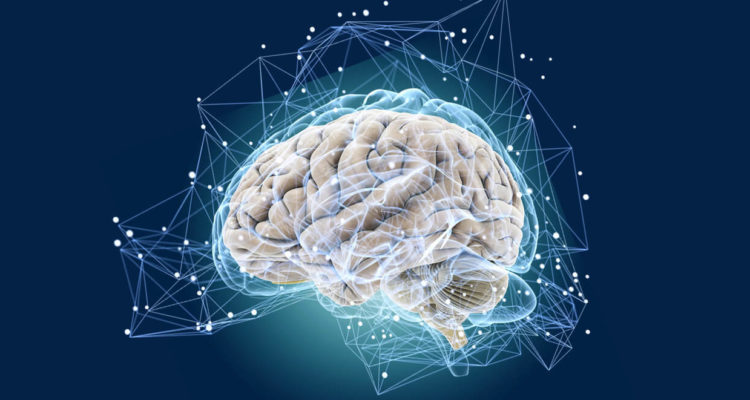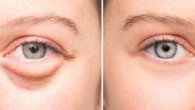
Nutritionists named the worst eating habits for the brain
0
Many dieters often put themselves with the goal of improving appearance, but often forget about the impact of nutrition on brain health. Doctors recommend paying as much attention to this organ as to the heart or intestines.
If the basis of the diet is unhealthy food, inflammation can occur in the body, which will lead to various problems, including cognitive impairment. Experts named the worst eating habits dangerous for brain health.
Cutting Out Carbohydrates
While cutting out sugar from your diet can have a positive effect on brain health, cutting out carbohydrates from your diet is strongly discouraged. “If your body is not adapted to ketosis, cutting out carbs can lead to unstable blood sugar levels and even episodes of hypoglycemia. This can cause clouding of consciousness, confusion and even short-term unconsciousness,” explained Dimytar Marinov, MD.
Excessive alcohol consumption
Alcohol has a negative effect on the whole body, including the brain, said nutritionist Melissa Mitri. “Drinking too much alcohol over time can affect levels of neurotransmitters, which are chemical messengers that help brain cells communicate,” she added.
Skip meals
The brain uses 20% of the energy that the body receives from food. When a person skips breakfast, lunch, or dinner, the body goes into compensatory mode to try to produce glucose for the brain and balance blood sugar levels to a safe level. This can manifest itself in the form of fatigue, agitation and the inability to concentrate, explained dietitian Liz Wiosnik. For brain health, it is important to eat breakfast within an hour of waking up, and then every 3-4 hours throughout the day.
Multitasking while eating
Lovers of lunch desk and perform other functions at the same time deceives the brain, forcing it to lose connection with the stomach. Because of this, the signal of satiety is not received, which can negatively affect the blood sugar level, added Viosnyk.
Insufficient intake of vitamin B12
Vitamin B12 protects nerve cells and helps produce neurotransmitters, explained Dr. Elizabeth Ward. Symptoms of substance deficiency include poor memory, confusion, depression, and mental retardation. Without treatment, vitamin deficiency can lead to irreversible nerve damage, she added.









Leave a Reply